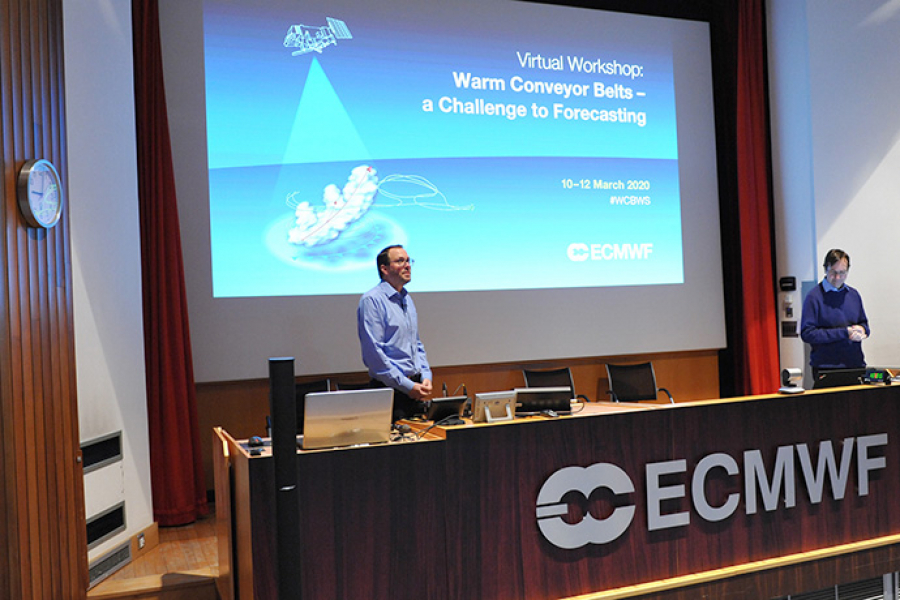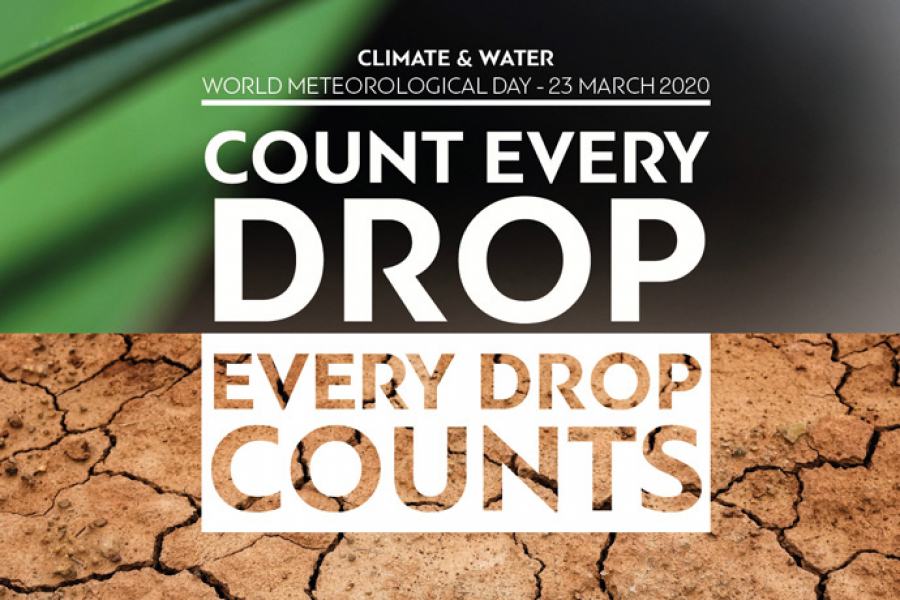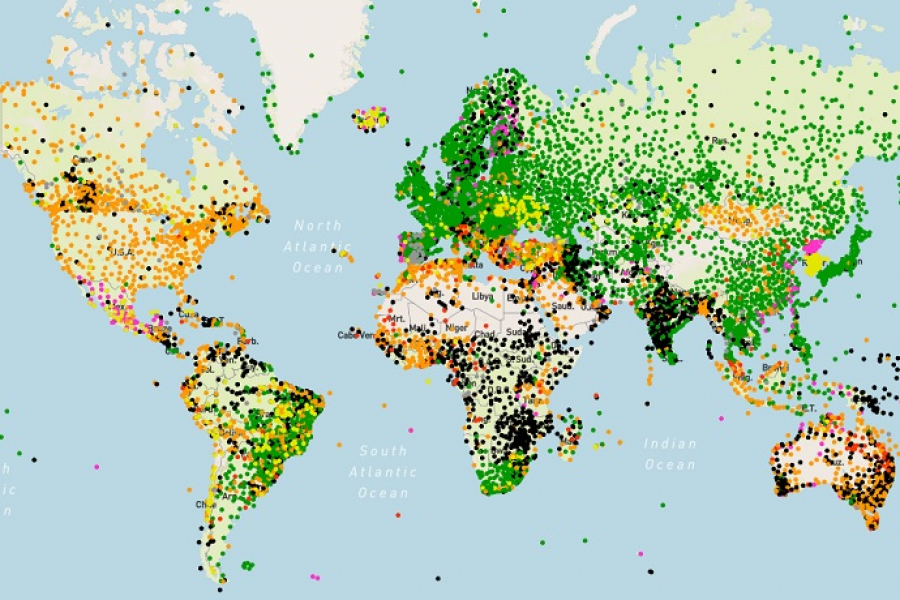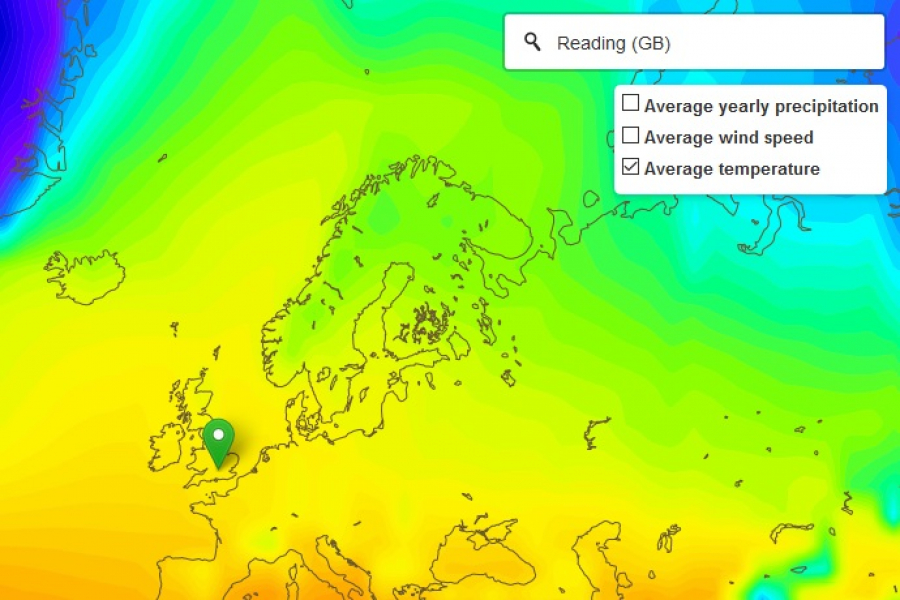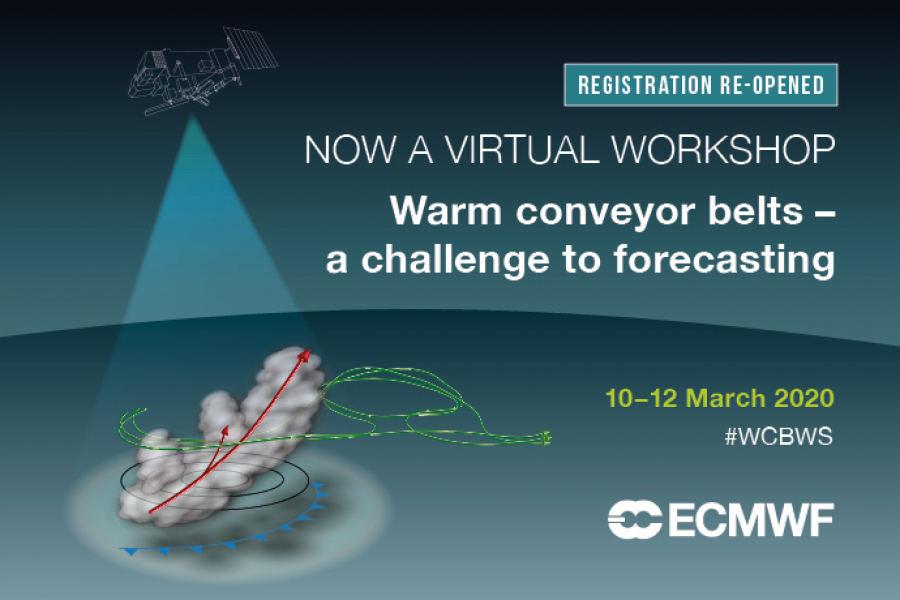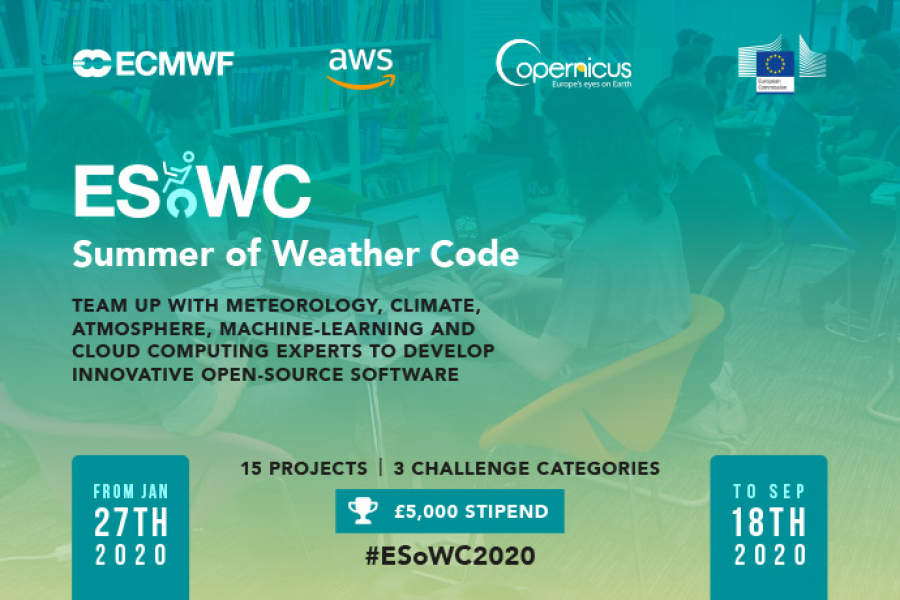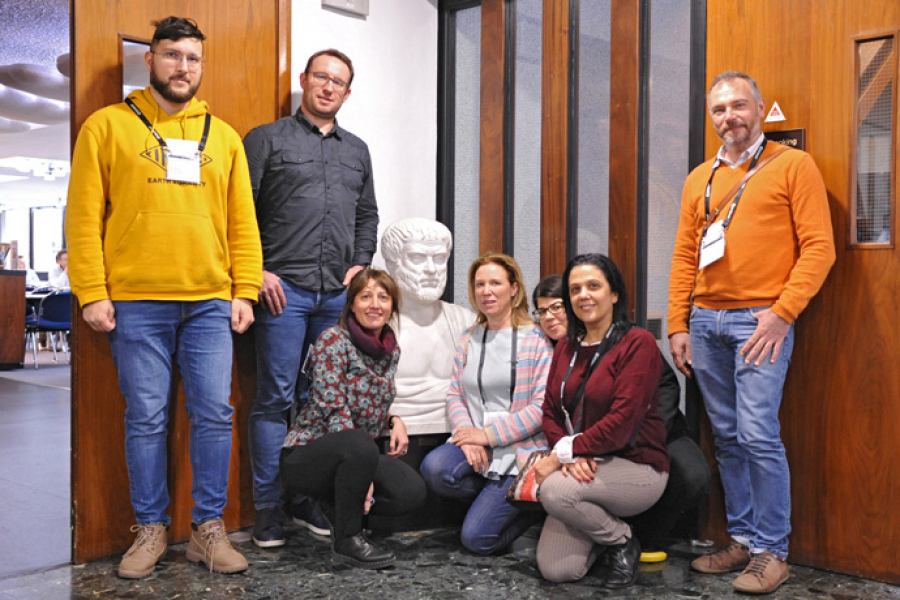
Seminars to probe potential for machine learning in weather prediction
ECMWF is organising a series of seminars given by external experts to explore aspects of the use of machine learning in weather prediction and climate studies. The first will take place on 28 April and will be live-streamed.

